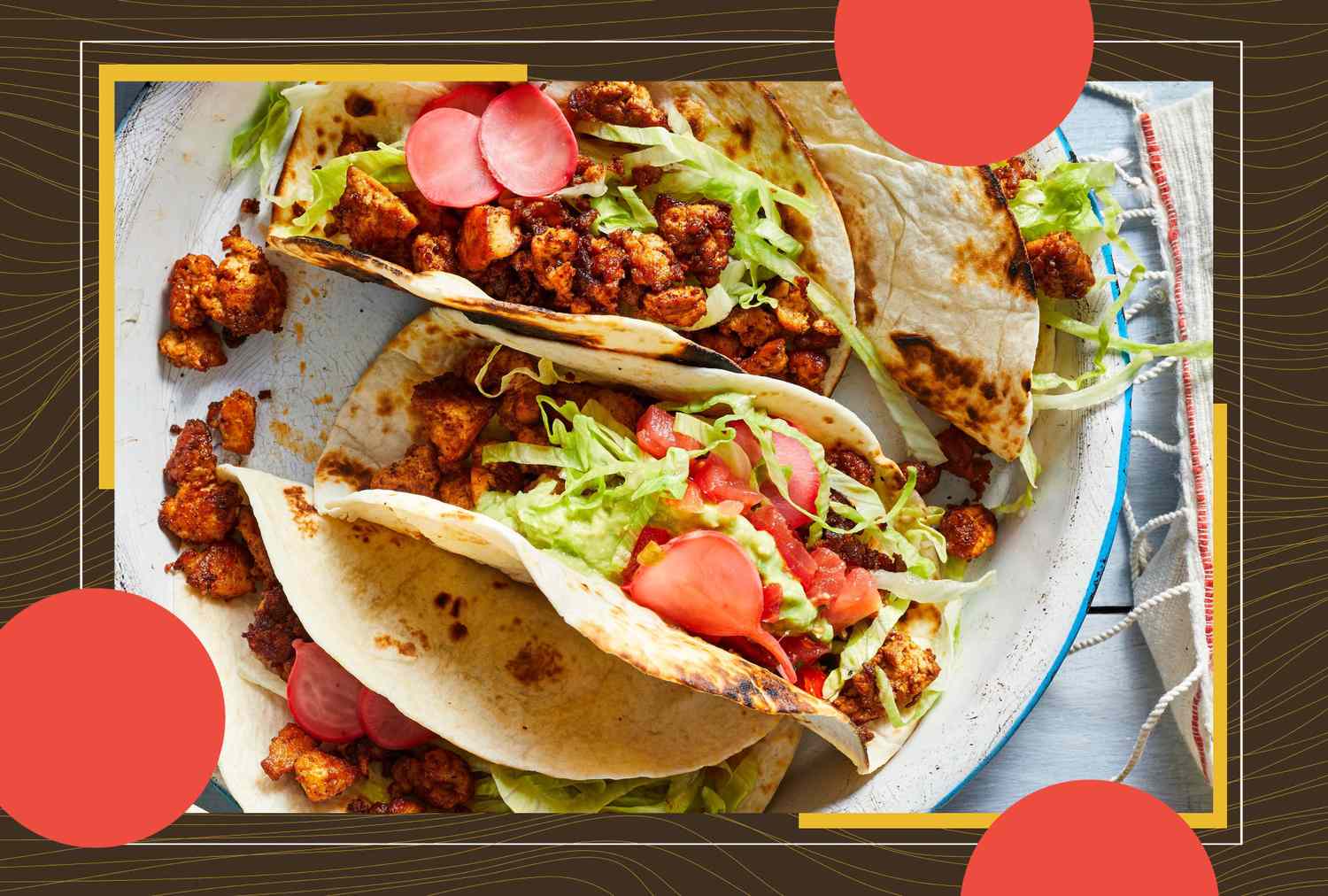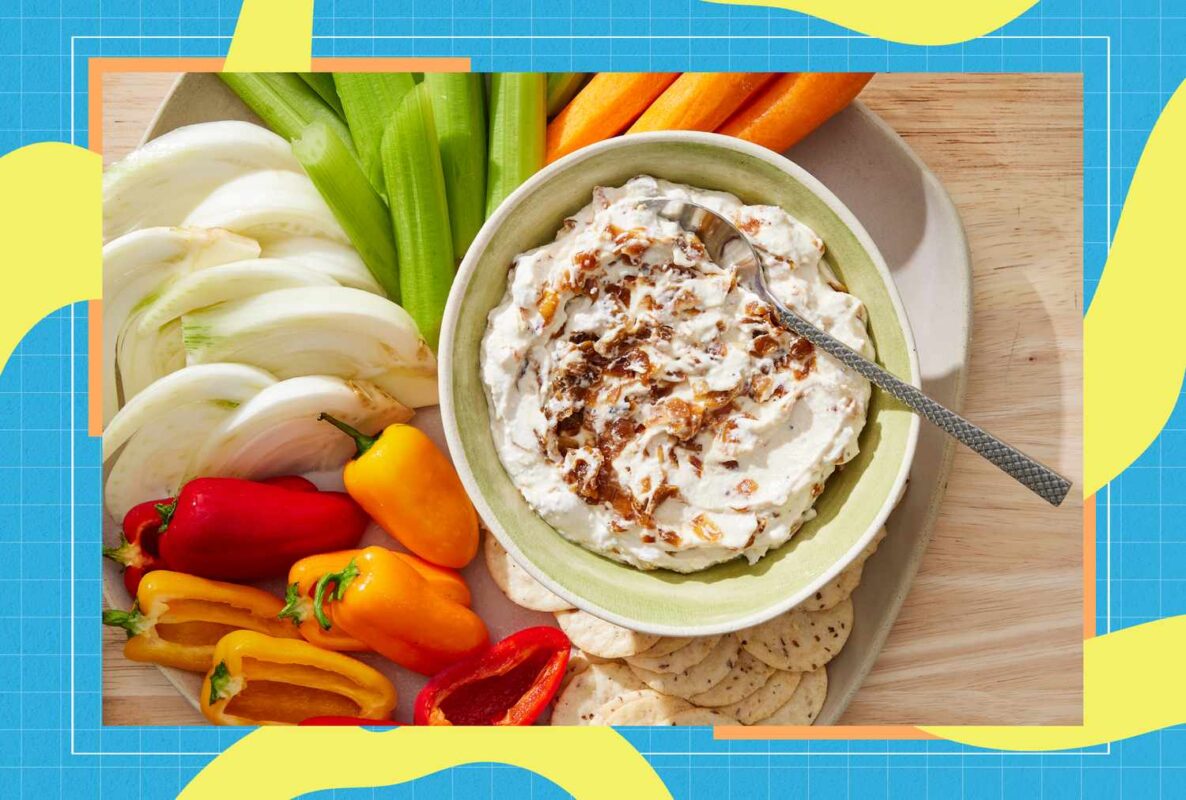Blog
This Diet May Lower Cancer Risk by 24%

- A new study suggests vegetarians have a 12% lower overall cancer risk compared to those who eat meat.
- Vegans saw the greatest benefit, with up to a 24% lower cancer risk overall.
- The strongest reductions were seen in stomach, lymphoma and colorectal cancers.
Vegetarian diets, unlike typical Western diets, generally tend to be packed with fruits, vegetables, nuts and legumes—all foods loaded with compounds that may help reduce cancer risk. While the connection between vegetarian diets and cancer remains a topic of debate, research on less common cancers is still limited, even in large studies.
To help bridge this knowledge gap, researchers explored whether vegetarian diets might offer protection against a wider range of cancer types, not just the more common ones. The study tests the idea that vegetarian diets, compared to nonvegetarian diets, could show protective benefits for less common cancers, and the results were published in the American Journal of Clinical Nutrition.
How Was The Study Conducted?
This study was conducted using data from the Adventist Health Study-2 (AHS-2) cohort, which enrolled participants across the United States and Canada between 2002 and 2007. The participants were volunteer members of the Seventh-day Adventist Church in North America. Many Seventh-day Adventist members follow a vegetarian or plant-based diet, allowing for a large subject pool of people who follow those dietary patterns.
A total of 95,863 participants were part of the study. After excluding participants with pre-existing cancers, extreme or unreliable BMI or dietary data, missing demographic information and those living outside areas covered by cancer registries, the final analytic group included 79,468 participants. Enrollment involved completing a detailed questionnaire by mail, which included a validated food frequency questionnaire to assess dietary habits over the previous year. Researchers further validated the data through 24-hour dietary recalls conducted by phone in a subgroup of 1,100 participants and by examining dietary biomarkers.
Participants were categorized into five dietary groups based on their eating habits:
- Vegans, who avoided all animal products
- Lacto-ovo-vegetarians, who consumed dairy and/or eggs but no meat or fish
- Pesco-vegetarians, who included fish in their diet
- Semi-vegetarians, who ate meat or fish less than once a week
- Nonvegetarians, who consumed meat or fish at least once a week.
For the purposes of this study, vegetarians were defined as those in the first three categories, while semi-vegetarians were excluded from the main analysis due to their small numbers and unclear classification. Cancer cases were identified by matching participant data with cancer registries across the United States and Canada.
To ensure the results were as accurate as possible, the study adjusted for various factors that could influence cancer risk, like age, gender and race. For each cancer type, the study included adjustments for relevant risk factors based on existing research and guidelines, ensuring a more comprehensive analysis of the relationship between dietary patterns and cancer risk.
What Did The Study Find?
The study found that vegetarians generally had a lower risk of cancer compared to nonvegetarians, with the exception of a possible slight increase in risk for myeloma. Overall, vegetarians had a 12% lower risk of developing any type of cancer and an 18% lower risk for medium-frequency cancers, such as melanoma, thyroid and pancreatic cancers.
For specific cancer types, vegetarians showed significantly lower risks in several areas:
- Stomach cancer risk was reduced by 45%
- Lymphoma risk was reduced by 25%
- Lymphoproliferative cancers risk overall were reduced by 25%
- Colorectal cancer risk was reduced by 21%.
These findings suggest that vegetarian diets may offer protective benefits against certain types of cancer.
For all cancers combined, vegans had the lowest risk, with a 24% reduction, followed by lacto-ovo vegetarians with a 9% reduction and pesco-vegetarians with an 11% reduction. For medium-frequency cancers, vegans again had the lowest risk, with a 23% reduction, followed by lacto-ovo vegetarians with an 18% reduction and pesco-vegetarians with a 13% reduction.
For specific cancers, younger vegans (age 65) had a 43% lower risk of prostate cancer, but this protective effect was not seen in older vegans (age 85). Younger vegans also had a 31% lower risk of breast cancer, while older vegans showed a similar trend, though the results were less precise. For lymphomas, older vegans had a 56% lower risk, while younger vegans showed no significant difference.
This study has some limitations to consider. One major challenge is the small number of less common cancers, especially among vegans and pesco-vegetarians, which makes it harder to draw strong conclusions. Another limitation is that the nonvegetarian group in this study consists of health-conscious people who already eat less meat than the general population, making it harder to see big differences between groups.
Additionally, the study only measured participants’ diets and other factors at the beginning and didn’t track changes over time. Lastly, like all observational studies, there’s always the possibility that other unmeasured factors could influence the results, making it hard to apply these findings to the general population.
How Does This Apply To Real Life?
Based on this current study, eating more plant-based foods can be a practical and potentially powerful way to support your health and lower your risk of certain cancers. While you don’t have to go fully vegan to see benefits, adopting more vegetarian habits into your diet may make a difference when it comes to cancer risk reduction.
If you’re looking to eat more plants but aren’t sure where to start, here are some simple, practical tips to help you get going:
- Start Small: Try one meatless meal a week, like “Meatless Monday.”
- Make Plants the Star: Build your plate around vegetables, beans or whole grains instead of meat.
- Experiment with Recipes: Try plant-based versions of your favorite dishes, like veggie stir-fry or walnut tacos. We also love these vegan sandwiches that can shake up your lunch routine.
- Stock Up: Keep frozen veggies, canned beans and whole grains on hand for quick, easy meals.
- Explore Alternatives: Try plant-based proteins like tofu, tempeh or chickpeas in place of meat.
Our Expert Take
This study published in the American Journal of Clinical Nutrition sheds light on the potential health benefits of vegan and vegetarian diets, particularly their association with a lower risk of certain cancers. By analyzing data from over 79,000 participants in the Adventist Health Study-2, researchers found that vegetarians, especially vegans, had a reduced risk of cancers like colorectal, stomach, and lymphoma compared to nonvegetarians.
While the study has its limitations, such as small sample sizes for less common cancers and the observational nature of the research, the findings suggest that incorporating more plant-based foods into your diet could be a meaningful step toward better health.












